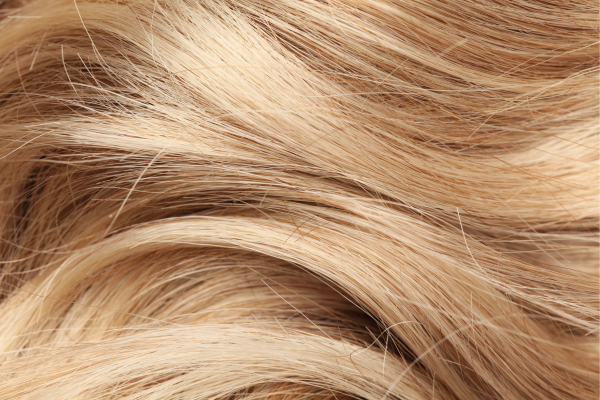Collagen and the skin in menopause

Collagen and the skin in menopause
As we enter hormonal aging, the production of estrogen decreases. This in turn affects the production of collagen, which simply explained works like the air in a balloon. The skin's plumpness decreases, and studies show that 30% of the skin's collagen disappears in the first five years of menopause. The result is skin that more easily "sags" due to too little air, which shows up in lines and wrinkles. In addition, the facial contours tend to become softer and the skin can be perceived as slack. Therefore, it can be good to supplement with a collagen supplement specially adapted for the skin (and also for the hair).
Another problem with menopausal skin is usually dryness. The fact that the skin becomes dry is because the skin's own production of hyaluronic acid decreases and therefore the skin finds it difficult to maintain the moisture in the skin. The skin needs moisture and nourishment. If you have dry skin from before, you need even more fat and moisture to the skin, but for some it is enough to add just moisture. Hyaluronic acid is the star ingredient when it comes to increasing the moisture content of the skin - from the inside out with dietary supplements containing hyaluronic acid.
Large pores can be caused by a loss of elasticity in the skin. When it deteriorates, the skin stretches out, causing pores to appear larger. Niacin has positive effects on the outermost layer of the skin. This skin layer is made up of your skin's natural oils, ceramides and proteins and helps keep skin hydrated. Niacin also helps improve skin barrier function, reduce skin hyperpigmentation, reduce fine lines and wrinkles, reduce redness and blemishes, and improve skin elasticity - reducing large pores.
Common skin problems in menopause:
- Saggy and inelastic skin with wrinkles
- Sensitive skin
- Skin with larger pores
- Dry skin without shine
- Tags: Hud/Skin Kollagen/Collagen






